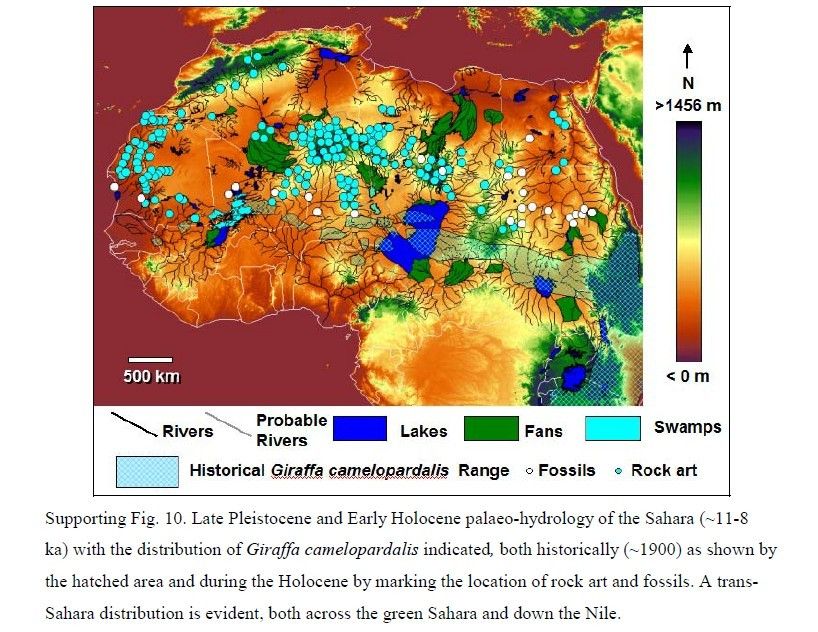Knock it off.Blah, blah, blah.
You are using an out of date browser. It may not display this or other websites correctly.
You should upgrade or use an alternative browser.
You should upgrade or use an alternative browser.
Kingdom of Yam
- Thread starter Samori Toure
- Start date
More options
Who Replied?Some stuff yall may like.
T
T
The University of Arizona Institutional Repository: Journal of Ancient Egyptian Interconnections Volume 2 (2010) Number 4 (2010-11-22) THE WEST BEYOND THE WEST: THE MYSTERIOUS "WERNES" OF THE EGYPTIAN UNDERWORLD AND THE CHAD PALEOLAKEShe Amduat, one of the Egyptian guides to the underworld, provides specific descriptions and measurements relating to the first three hours after sunset, during which the sun god Re passes through an interstitial realm (the first hour) before arriving at two gigantic sweet- water oceans (the second and third hours). Rather than seeing in this imagery reflections of the unconscious and antecedents of modern psychotherapy (as has been proposed by some modern scholars), the present work argues that the description was inspired by actual knowledge of the environment of the region to the distant southwest of the Nile Valley, beyond the Gilf Kebir and Gebel Uweinat on modern Egypt’s southwest corner. Recent evidence has made plausible that the Abu Ballas Trail connected Egypt with the Chad Basin of Central Africa. Elements of the factual description provided in the Amduat (including environmental and linguistic details; e.g., the hitherto unexplained name “Wernes”) can be corroborated by modern palaeoecological reconstruction of the area as having comprised gigantic palaeolakes, as well as by linguistic and narrative evidence.
The Odum of Ala Igbo
Hail Biafra!
This almost follows the ancient route of the lost Nile tributary which originated in Lake Chad all the way to modern Sudan/Egypt.
The Odum of Ala Igbo
Hail Biafra!
Hydrology map of the Ancient Sahara:


JahFocus CS
Get It How You Get It
fukking fascinating stuff. The Lake Chad expedition is something I read about a few years ago, cool to revisit the topic.
Just imagine what lies below the unexplored sands of the Sahara brehs
Also, I wish there was a map of Africa that showed the contemporaneous groups/kingdoms across the continent during given periods like 3000 BC, 2000 BC, etc.
Just imagine what lies below the unexplored sands of the Sahara brehs

Also, I wish there was a map of Africa that showed the contemporaneous groups/kingdoms across the continent during given periods like 3000 BC, 2000 BC, etc.